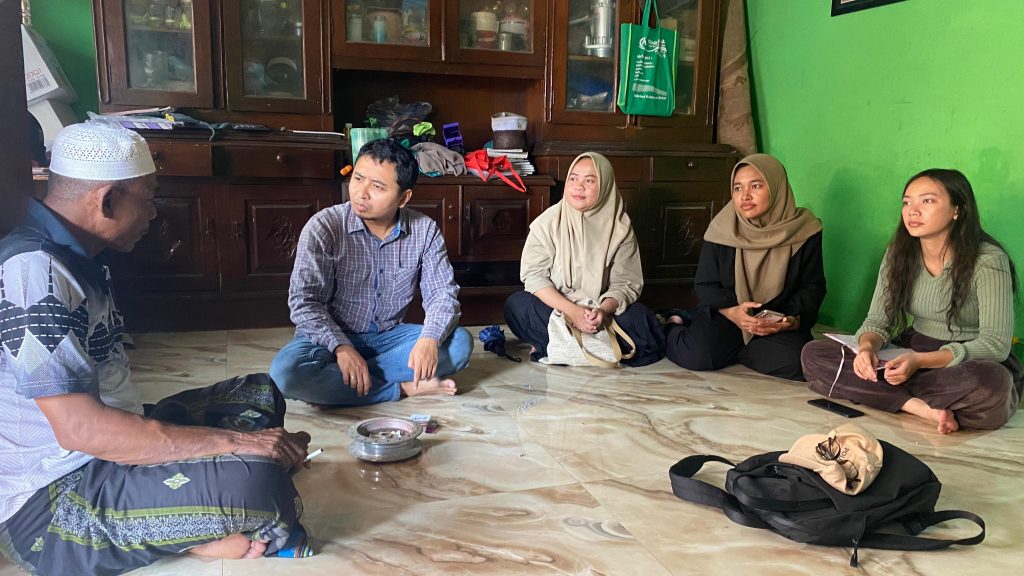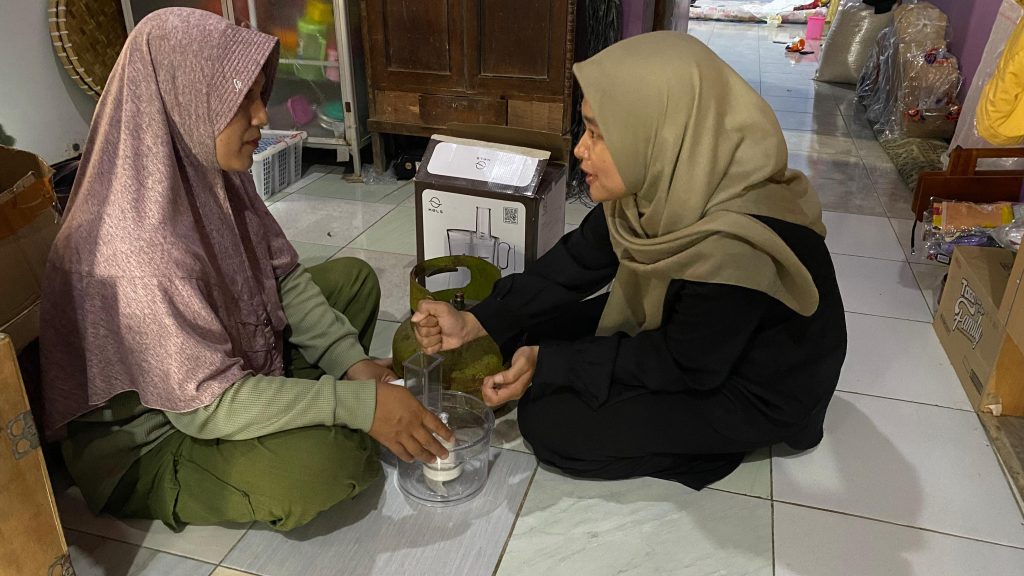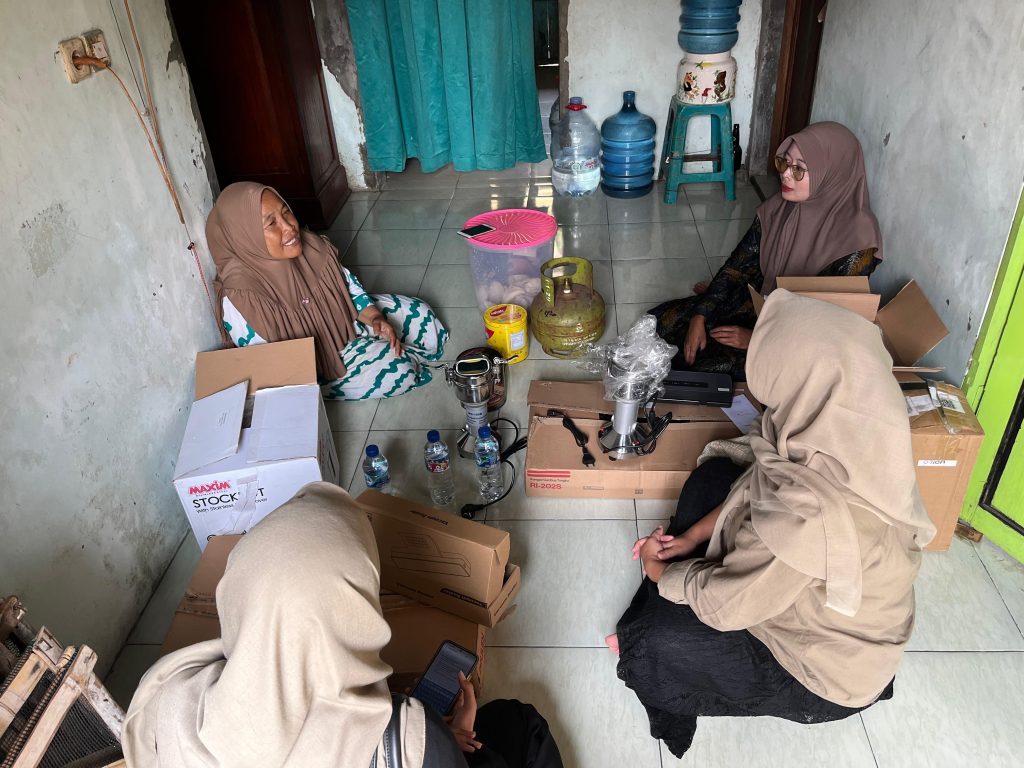Demak, 24 June 2025 — The SDGs Center – Institute for Research and Community Service (LPPM) at Universitas Diponegoro conducted a monitoring visit to three coastal villages in Bonang Subdistrict, Demak Regency: Morodemak, Purworejo, and Margolinduk. This activity aimed to evaluate the utilization of technological support provided through the Corporate Social and Environmental Responsibility (TJSL) program of PT PLN and PT PELINDO, implemented by the SDGs Center LPPM UNDIP.
These three beneficiary villages are facing multiple challenges in the fisheries sector, ranging from declining fish catches and limited processing equipment to underutilized fish waste. Through this collaborative program, the SDGs Center UNDIP has introduced tangible technological solutions designed to address the needs of coastal communities from upstream to downstream.

The technologies monitored include the GPS Fish Finder, which assists fishers in improving efficiency when locating fishing spots; fish processing equipment to enhance the value of local products and expand market access; and fish waste processing tools to support a circular economy and reduce environmental pollution.
In addition, ecosystem-based solutions were also introduced, such as the Artificial Patch Reef (APR) and Artificial Fish Apartment (AFA)—eco-friendly habitat structures made from concrete and FABA (Fly Ash and Bottom Ash) waste. These structures are deployed in the waters of Jepara and Semarang—key fishing grounds for Demak’s fishers—with the goal of restoring marine ecosystems, supporting fish population regeneration, and ensuring the sustainability of marine resources.
Monitoring was conducted in person through household visits, engaging with local fishers, fish processors, and village officials. Preliminary findings show that the equipment has been utilized by the community in all three villages and has improved the efficiency of fishing activities as well as boosted productivity in marine product processing

Through this initiative, PT PLN and PT PELINDO, in collaboration with the SDGs Center UNDIP, have demonstrated that synergy between the business sector, academia, and the community can produce tangible impacts on sustainable coastal development. The program not only contributes to achieving the SDGs in poverty alleviation and marine ecosystem preservation but also serves as a cross-sector collaboration model to strengthen the economic resilience of coastal communities.


